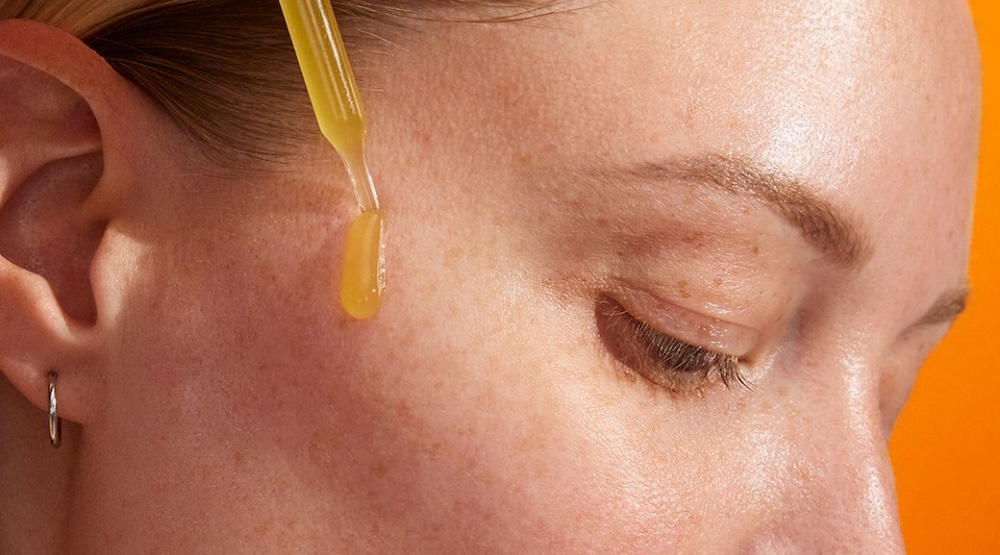While skin treatments featuring red light have risen in popularity due to extensive clinical data on boosting cellular energy and repair, skin experts and research also hail the power of vitamins to support skin renewal.
Vitamin D, while best known for its role in bone health, has emerged as a powerful ally in skincare, particularly when used at night.
Why is vitamin D a useful skincare ingredient?
It supports the skin's natural repair processes, making it a relevant addition to an effective skincare routine or skin brightening programme.
Daily exposure to environmental stressors like UV rays and pollution causes DNA damage and accelerate ageing.
When is the best time to use vitamin D?
At night, the skin shifts into repair mode, making it the optimal time to apply vitamin D.
Research in the Journal of Investigative Dermatology shows that the skin’s DNA repair mechanisms are most active at night.
What does vitamin D do?
The active form of vitamin D promotes the growth of keratinocytes, which are essential for maintaining the skin barrier and aiding in repair.
It boosts barrier recovery to help to prevent moisture loss and maintain hydration, assist cell regeneration and turnover, and has anti-inflammatory properties that can soothe irritated skin and reduce redness.
Though not a brightening agent itself, vitamin D enhances the efficacy of other vitamins like vitamin C, niacinamide, and retinoids, ingredients known for their ability to brighten and improve skin texture.
By strengthening the skin’s barrier, vitamin D allows these agents to work more effectively.
A renewed skin has improved skin hydration and barrier function, which absorbs actives effectively.
Vitamin D joins the many vitamins used successfully in skin care for skin regeneration and recovery that leads to a more radiant and resilient complexion.
To discover more and learn how Dermalogica can support your business, visit https://pro.dermalogica.co.uk/open-a-business-account/
This is a sponsored story in association with Dermalogica.



square.JPG)